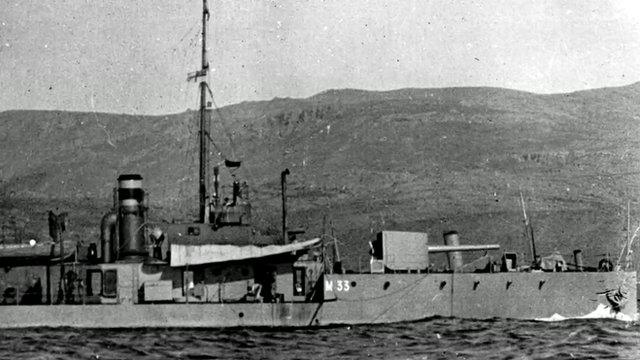Gallipoli centenary: Australia and New Zealand mark Anzac Day
- Published
Services have been taking place around the world, as Nicholas Witchell reports
Australia and New Zealand have been remembering soldiers from the two countries who fought at Gallipoli in Turkey during World War One.
A series of events on Saturday marked the centenary of the Allied attack on the Gallipoli peninsula.
A dawn service was held at the landing. The two countries later remembered their dead at battlefield services.
More than 11,400 of Australian and New Zealand Army Corps (Anzac) troops were killed in the course of the campaign.
Australian PM Tony Abbott paid tribute to their selflessness, describing them as Australia's "founding heroes".
Anzac Day is arguably the most important national occasion for Australia and New Zealand.
Gallipoli holds a special place in Australian hearts. Many believe it was here Australians proved themselves the equal of any in the world, heralding the young nation's emergence onto the world stage.
Read more about events during the course of the day here.
Meanwhile in London, the Queen, the Duke of Edinburgh - who is patron of the Gallipoli Association - and Prince William were joined by senior government and military figures to lay wreaths at the Cenotaph in Whitehall.
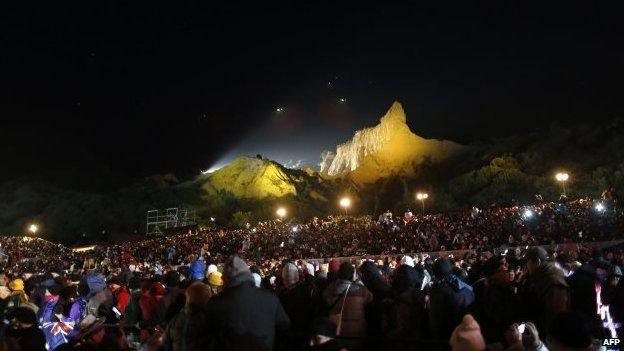
The dawn service in Gallipoli was held under the shadow of the peninsula's mountains
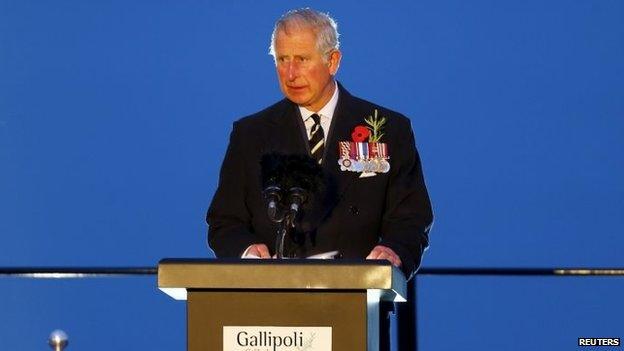
Prince Charles read the words of Lieutenant Ken Millar and Company Quartermaster Sergeant Benjamin Leane, which were written during the campaign
In Scotland First Minister Nicola Sturgeon and Scottish Secretary Alistair Carmichael joined veterans and members of the public in marking the anniversary at Edinburgh Castle.
About 131,000 - of whom 45,000 were Allied forces and 86,000 from Turkey - died in the campaign. The fatalities included about 25,000 British military personnel and 10,000 from France.
'Founding heroes'
Thousands from Australia and New Zealand came to Turkey for the anniversary along with Princes Charles and Harry and a large number of international dignitaries.
Australians commemorated their dead with a service at Lone Pine, the site of a bloody battle on the Gallipoli peninsula in August 1915, while New Zealanders paid tribute at Chunuk Bair, a hilltop captured by the Allies in their only brief success of the campaign.
The Australian service began with schoolchildren reading out the names of some of the fallen.
In a speech, Prime Minister Abbott stressed the importance of the troops in Australia's history.
"To us they are Anzacs, but in their day they were fathers, sons, parents, children, cousins and mates just as you are now," he said.
"You walk among their headstones, you read the inscriptions, you hear the epitaphs and you hear their families speak - in these inscriptions and in these epitaphs we hear the echoes of our country a century ago."
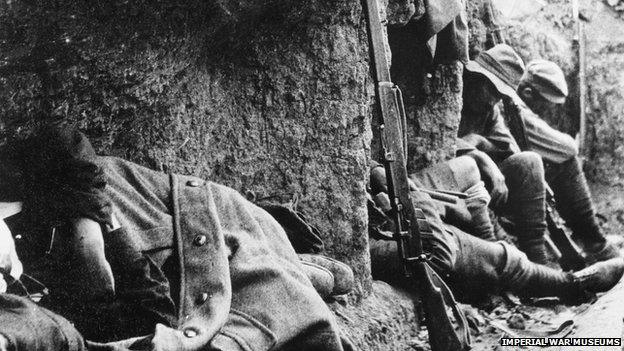
The campaign has become synonymous with troops from Australia and New Zealand
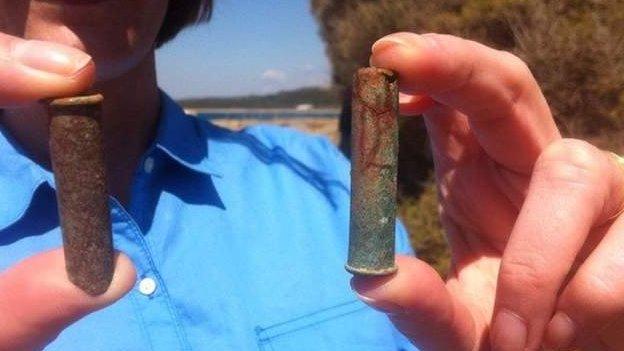
One hundred years later, bullets can still be found on the beach at Anzac Cove in Gallipoli
"We wonder at their selflessness, at their capacity to face death," he added.
At a dawn service to mark the landing, Mr Abbott described the Australian troops as the "founding heroes" of their country.
At the same event, New Zealand Prime Minister John Key said that Gallipoli had become a by-word for the best characteristics of Australians and New Zealanders "especially when they work side by side in the face of adversity".
A quotation by Mustafa Kemal Ataturk - the founder of the Republic of Turkey after the fall of the Ottoman Empire - was also read at the service.
"You, the mothers who sent their sons from faraway countries wipe away your tears; your sons are now lying in our bosom and are in peace.
"After having lost their lives on this land they have become our sons as well."
Thousands of miles away in Australia and New Zealand, dawn services and other events were also held on Saturday morning to mark the centenary of the landings amid tight security.
In Sydney, dozens of surf boats from Australia, New Zealand and Turkey took part in a symbolic re-enactment of the Gallipoli landings.
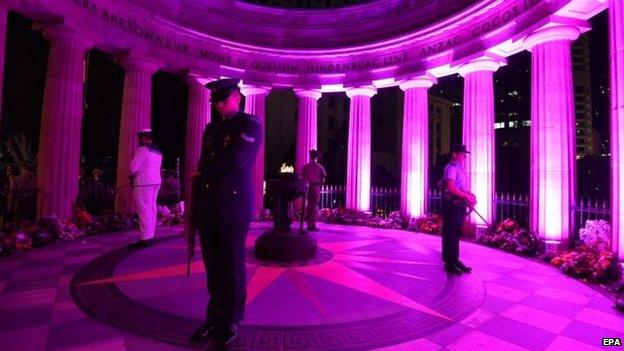
Events were held across Australia on Saturday morning in Brisbane....
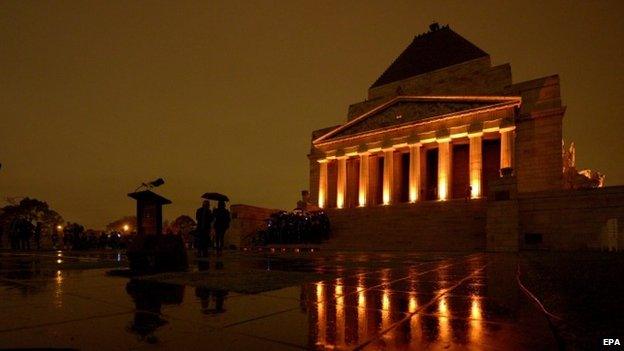
...and in Melbourne where a dawn church service was held
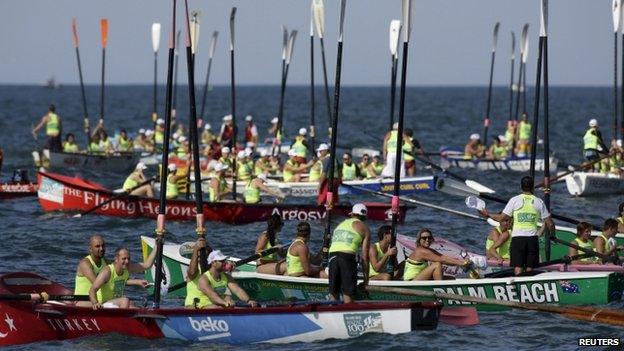
In Sydney dozens of surf boats from Australia, New Zealand and Turkey raised their oars in tribute
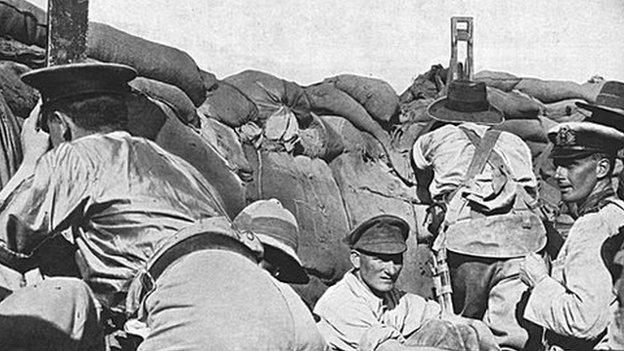
Many believe it was at Gallipoli where Australians proved themselves the equal of any in the world
Cemil Gokten, a Turkish student in Sydney, described the centenary as a "bonding event across cultures".
"It is great to come here and share our mutual bonds together," he said.
More than 20,000 people in New Zealand attended a service at the national war memorial in Wellington, where Governor-General Jerry Mateparae was accompanied by Australian counterpart Peter Cosgrove.

What was Gallipoli?
After a failed naval attack, the Allies tried to capture Constantinople (now Istanbul) via the Gallipoli peninsula by land assault
The amphibious assault started at dawn on 25 April, 1915
British, French and their dominions' troops - including soldiers from Australia, New Zealand, India and Newfoundland - took part
They faced months of shelling, sniper fire and sickness, before abandoning the campaign
45,000 Allied troops died for no material gain, although the Turkish Army was tied down for eight months
86,000 Turkish troops died. Commander Mustafa Kemal survived and went on to found modern Turkey

The Gallipoli invasion failed, with the Allied forces unable to advance more than a few miles inland.
A bloody stalemate ensued which lasted until Allied troops evacuated the peninsula in January 1916.

Why do Australians and New Zealanders mark Anzac Day?
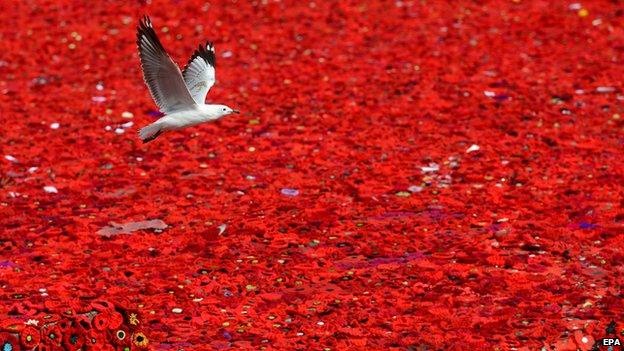
In Melbourne, 5,000 poppies have been laid in Federation Square as part of the commemorations
Gallipoli was the first campaign Australia and New Zealand fought as independent nations
They joined the Allies in an attempt to knock Germany's Turkish allies out of World War One
But the Anzac forces barely advanced a mile inland
10,000 Anzacs died while 23,000 were injured, which had a devastating impact on the male population of the fledgling nations

Did you know someone who took part? Will you be attending any of the memorial events taking place to mark the occasion? You can share your family memories by emailing haveyoursay@bbc.co.uk, external. Please include a telephone number if you are willing to be contacted by a BBC journalist.
Email your pictures to yourpics@bbc.co.uk, external, upload them here, external, tweet them to @BBC_HaveYourSay, external or text 61124. If you are outside the UK, send them to the international number +44 7624 800 100.
Or WhatsApp us on +44 7525 900971
Read our terms and conditions.
- Published25 April 2015
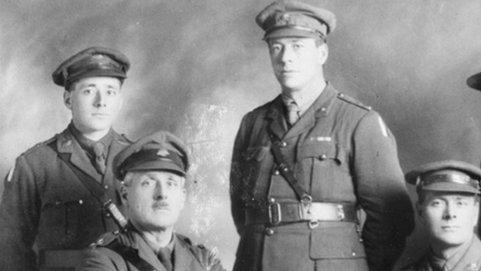
- Published25 April 2015
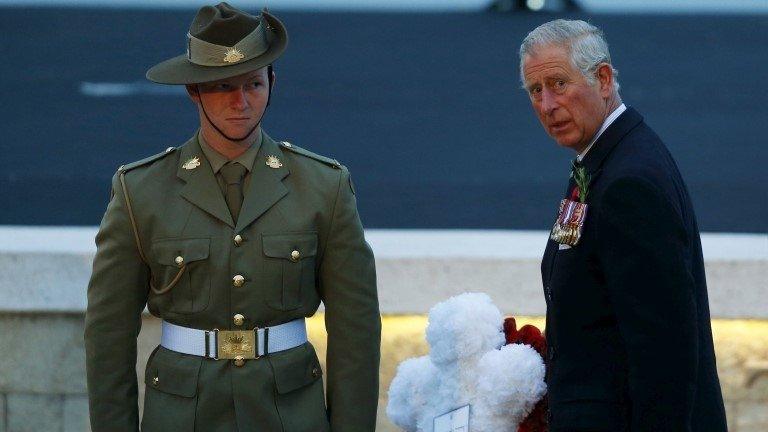
- Published25 April 2015
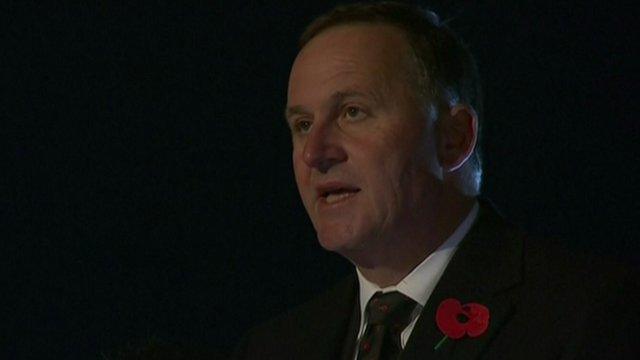
- Published24 April 2015
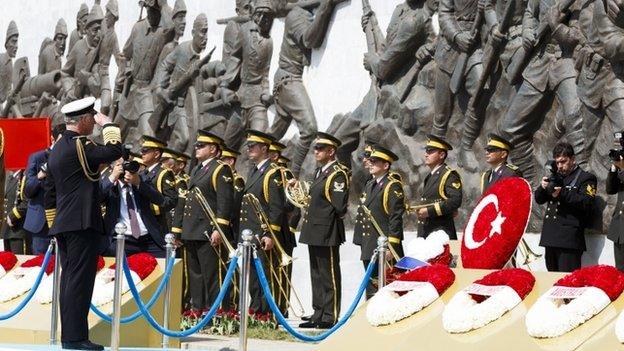
- Published24 April 2015
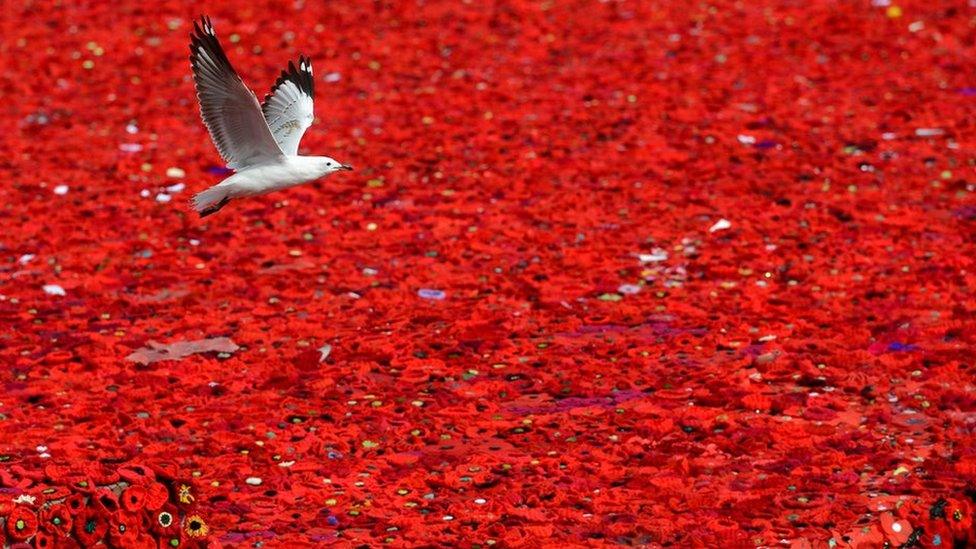
- Published24 April 2015
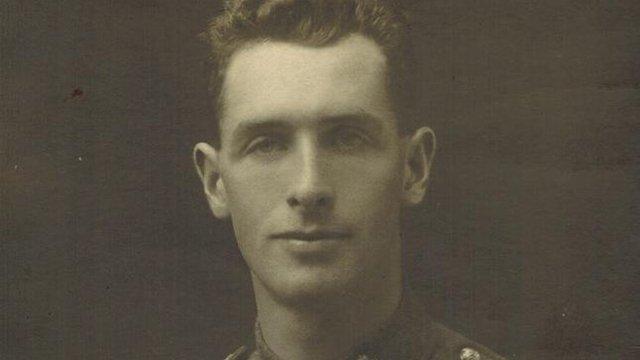
- Published24 April 2015
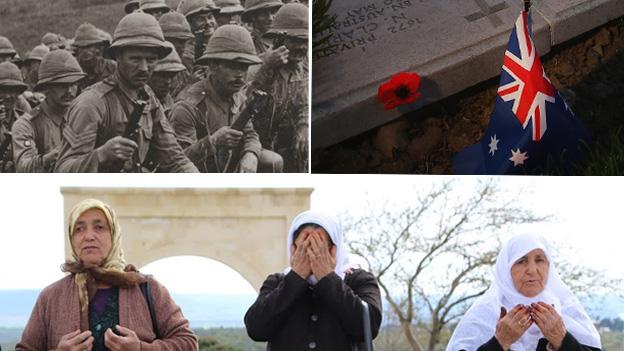
- Published24 April 2015
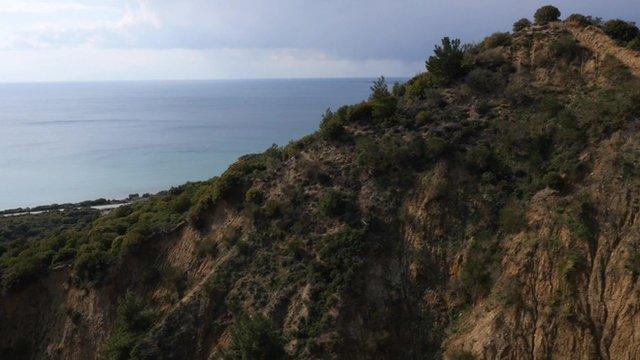
- Published23 April 2015
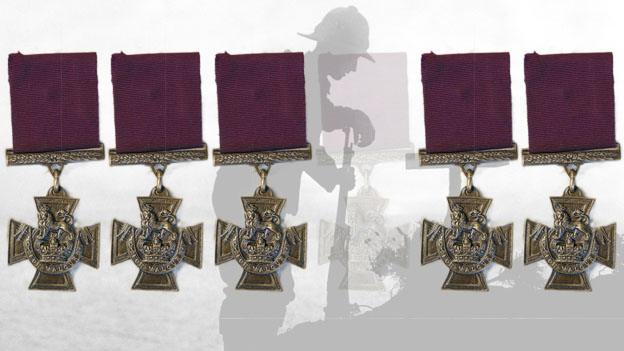
- Published23 April 2015
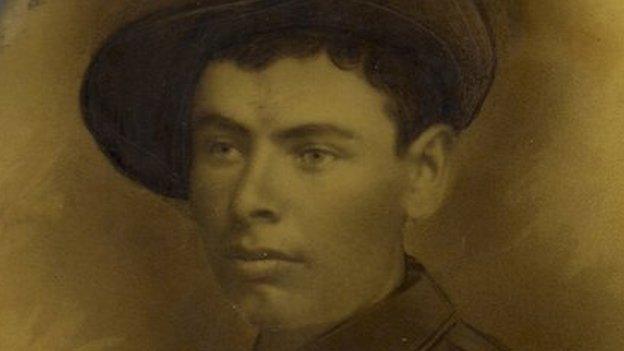
- Published23 March 2015
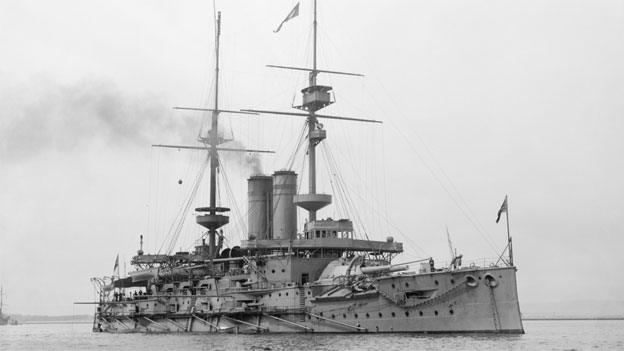
- Published20 April 2015
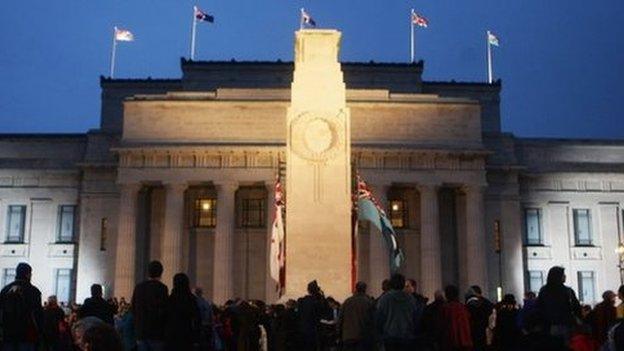
- Published19 February 2015
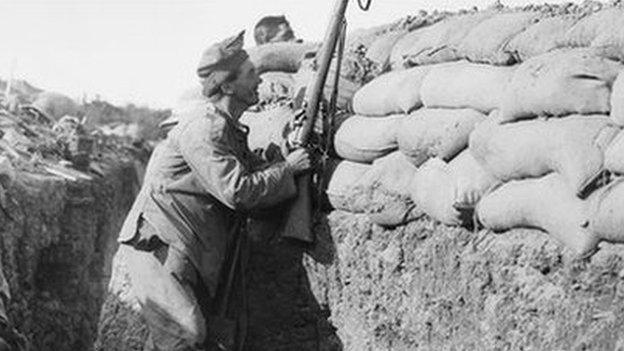
- Published9 April 2015
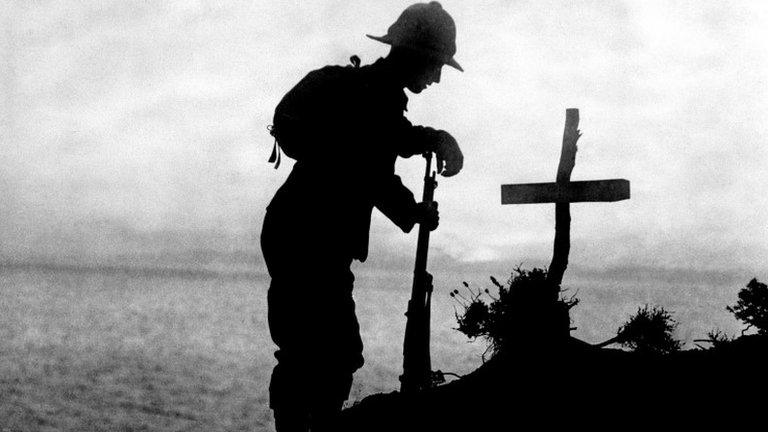
- Published3 March 2015
